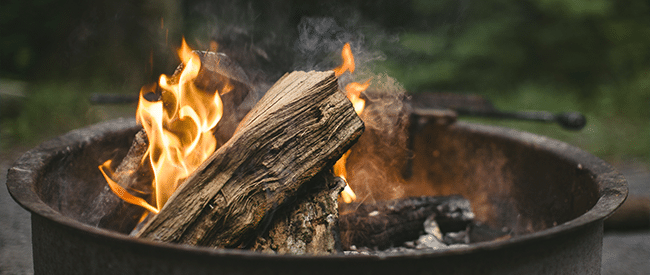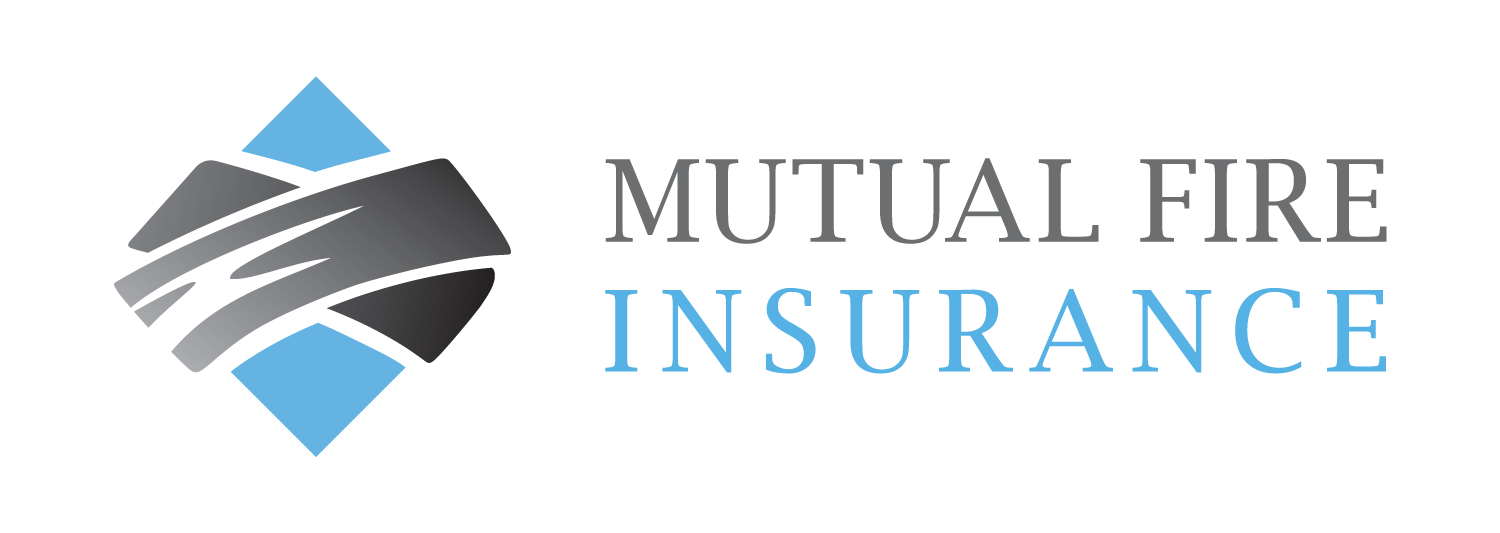Fired Up for Summer? Remember to Keep These Fire Safety Tips in Mind

As temperatures soar into the twenties and thirties, we Canadians welcome the heat of summer months! While enjoying the weather, homeowners should also consider that hotter temperatures bring drier conditions. Those drier conditions bring an increase in fire hazards.
Below we list four fire hazards that could affect your home and what to do to protect yourself and your neighbourhood.
Barbeques
Firing up the grill for a summertime cookout? There are a few important items to keep in mind as that hot propane, gas, or charcoal device will stay hot for extended periods of time.
Canada’s barbeque safety recommendations encourage you to place the barbeque away from your house and any open windows. The high heat can singe the siding of your home and may even catch fire if it gets too hot and grease is present. Other barbeque safety tips include:
- Place the barbecue on an even surface
- Never leave a lit grill unattended
- Keep a spray bottle of water nearby for any flare-ups
Smoking
Placing cigarette butts in proper disposal containers is the recommended best practice for smokers. Tossing butts on lawns, in planters, or garden beds may cause fires from the dry leaves and grass. Surprisingly, planters with a peat moss fertilizer are exceptionally combustible when conditions are dry, and a cigarette has just enough heat to ignite the moss. A spark in the garden may lead to a much more significant fire in the home if it goes unnoticed.
Outdoor Fires
Before you light an outdoor fire for a summertime sing-a-long and marshmallow feast, remember to review the burning regulations of your municipality, district, and province. Restrictions may be in place during the summer months as the dry conditions make an open fire too dangerous.
If your area permits outdoor fires, check out Smokey the Bear for tips to prepare your fire pit, build the fire, and extinguish the fire.
Vegetation
Trees, bushes, and flowers make up a beautifully landscaped yard, but they can pose a fire risk. Homeowners should be aware of the vegetation in their yards and make sure to follow these tips:
- Clear away dead leaves, grass and compost or dispose with your local waste management facility
- Prune trees and bushes to remove dead and dry limbs, consider removing trees that are too close to your house
- Remove dead needles and leaves from your roof and gutters
Plus, visit firesmartcanada.ca to learn even more about becoming fire smart in your community.
Ensure you understand how a fire peril is applied in your home insurance policy by contacting your insurance broker.

